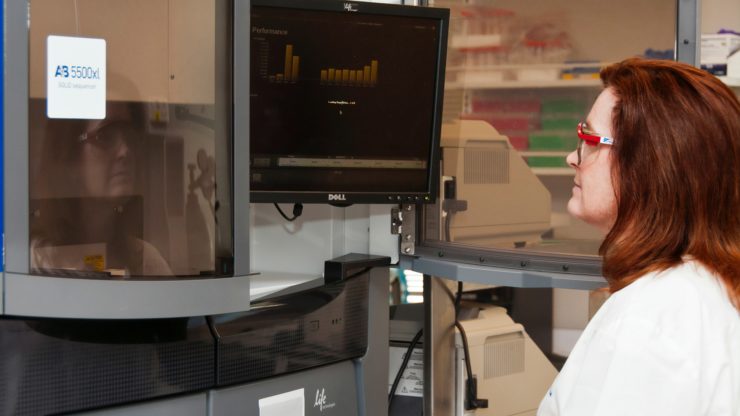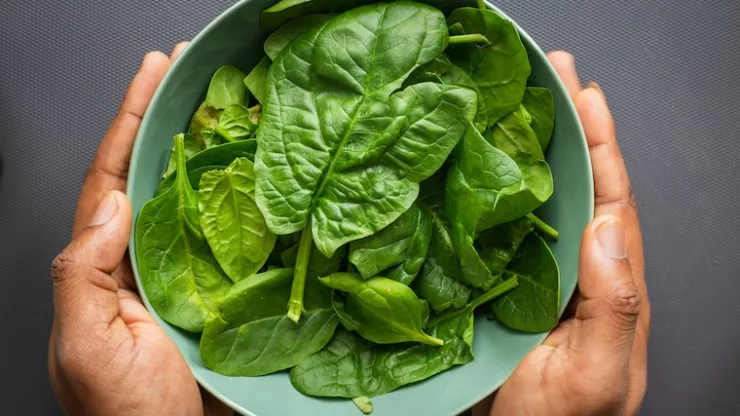Liver health is essential for overall well-being. The liver is responsible for filtering toxins from the blood, producing bile, and regulating metabolism.
However, consuming certain foods can harm the liver and lead to liver disease. In this article, we will explore the foods that are bad for the liver and what to include in a liver-friendly diet.
Jump to Section
Understanding the Importance of Liver Health
The liver is one of the most vital organs in the body. It plays a crucial role in several bodily functions, including detoxification, metabolism, and digestion.
The liver is responsible for breaking down fats, proteins, and carbohydrates, converting them into energy, and removing waste products from the bloodstream. Therefore, keeping the liver healthy is crucial to maintain overall health.
Foods to Avoid for a Healthy Liver
High-Fat Foods
High-fat foods can cause fatty liver disease, a condition where the liver accumulates fat, leading to inflammation and damage. Foods high in saturated and trans fats, such as fried foods, processed meats, and full-fat dairy products, should be avoided.
Processed Foods
Processed foods contain high levels of artificial ingredients, preservatives, and additives that can harm the liver. These foods are usually high in sugar, salt, and unhealthy fats, which can lead to inflammation and liver damage.
Sugary Drinks
Sugary drinks, such as soda, energy drinks, and fruit juices, are high in fructose, which can cause fat accumulation in the liver. Excessive consumption of sugary drinks can lead to non-alcoholic fatty liver disease (NAFLD).
Alcohol
Excessive alcohol consumption is one of the leading causes of liver disease. Alcohol is toxic to the liver and can cause alcoholic fatty liver disease, alcoholic hepatitis, and cirrhosis.
Red Meat
Red meat contains high levels of saturated fat and cholesterol, which can increase the risk of fatty liver disease and other liver-related problems.
Foods to Include in a Liver-Friendly Diet
Leafy Greens
Leafy greens, such as spinach, kale, and broccoli, are rich in antioxidants and fiber, which can aid in liver function and prevent liver damage.
Berries
Berries are high in antioxidants and anti-inflammatory compounds that can help improve liver function and reduce the risk of liver disease.
Whole Grains
Whole grains, such as brown rice, quinoa, and oats, are rich in fiber and complex carbohydrates, which can help regulate blood sugar levels and prevent fatty liver disease.
Nuts
Nuts are a good source of healthy fats, fiber, and protein. They contain vitamin E, which can help protect the liver from damage.
Fish
Fatty fish, such as salmon, mackerel, and sardines, are high in omega-3 fatty acids, which can help reduce inflammation and improve liver function.
Lifestyle Changes to Support Liver Health
Exercise Regularly
Regular exercise can help improve liver function, reduce inflammation, and prevent fatty liver disease.
Quit Smoking
Smoking increases the risk of liver disease and can damage liver function. Quitting smoking can help improve overall liver health.
Maintain a Healthy Weight
Obesity and excess weight are risk factors for liver disease. Maintaining a healthy weight through a balanced diet and exercise can help prevent liver problems.
Drink Plenty of Water
Drinking plenty of water can help flush toxins from the liver and aid in liver function.
Supplements and Herbs to Support Liver Health
Milk Thistle
Milk thistle is a herb that has been used for centuries to support liver health. It contains a compound called silymarin, which has antioxidant and anti-inflammatory properties that can protect the liver from damage.
Dandelion Root
Dandelion root is another herb that can aid in liver function. It contains compounds that can improve bile flow and reduce inflammation in the liver.
Turmeric
Turmeric is a spice that contains a compound called curcumin, which has anti-inflammatory and antioxidant properties that can help protect the liver from damage.
Importance of a Balanced Diet and Lifestyle for Liver Health
Maintaining a balanced diet and healthy lifestyle is crucial for liver health. Avoiding foods that are bad for the liver and including foods that promote liver health can help prevent liver disease.
Additionally, lifestyle changes such as regular exercise, quitting smoking, maintaining a healthy weight, and drinking plenty of water can aid in liver function.
FAQ
What are the early signs of liver disease?
The early signs of liver disease include fatigue, loss of appetite, nausea, and yellowing of the skin and eyes (jaundice). If you experience any of these symptoms, it is essential to see a doctor.
Can liver damage be reversed?
In some cases, liver damage can be reversed if caught early enough. However, advanced liver disease such as cirrhosis may be irreversible.
How much alcohol is safe for the liver?
It is recommended that men consume no more than two drinks per day, and women consume no more than one drink per day to maintain liver health.
Are there any supplements to avoid for liver health?
Some supplements, such as high doses of vitamin A, iron, and niacin, can be harmful to the liver. It is best to consult a doctor before taking any supplements if you have liver disease.

With a deep passion for personal development, Ben has dedicated his career to inspiring and guiding others on their journey towards self-improvement.
His love for learning and sharing knowledge about personal growth strategies, mindfulness, and goal-setting principles has led him to create My Virtual Life Coach.
Contact Ben at [email protected] for assistance.




